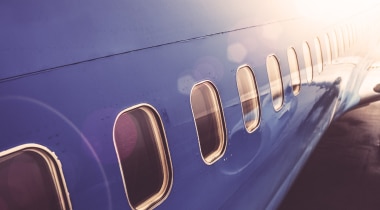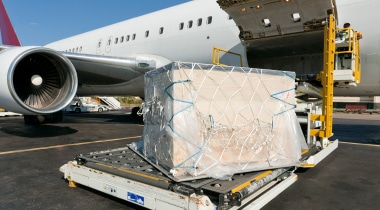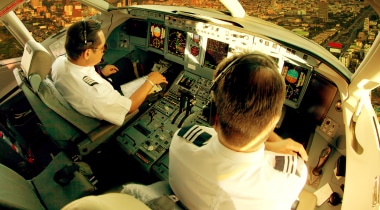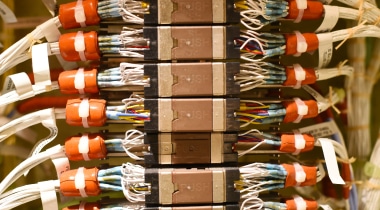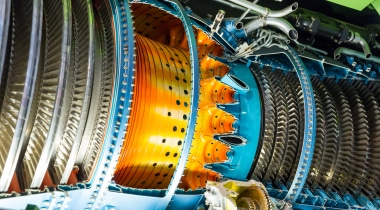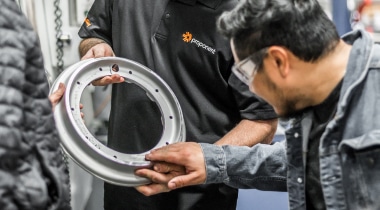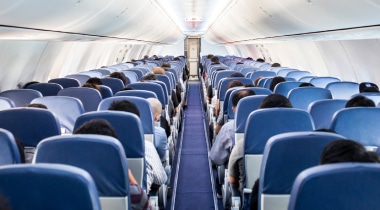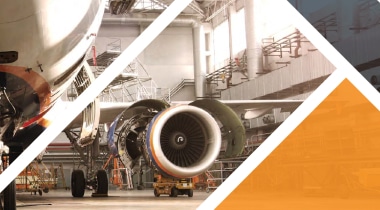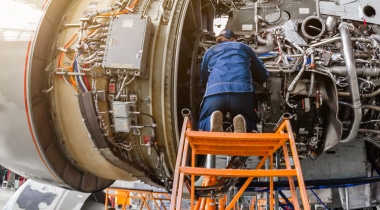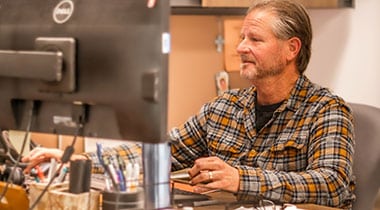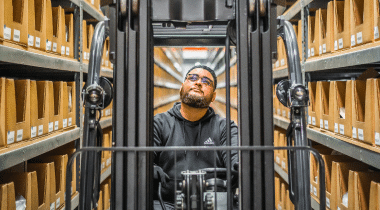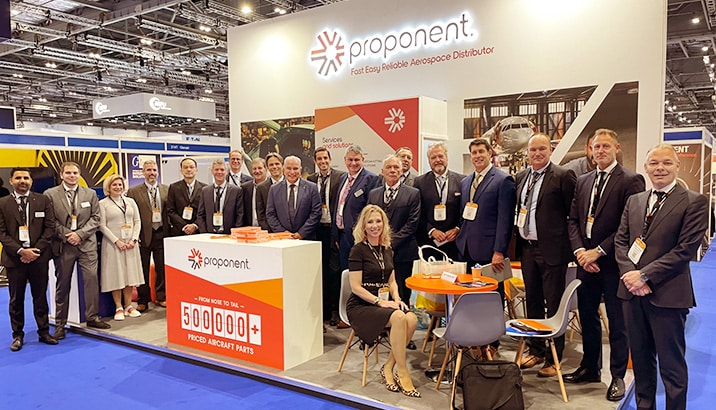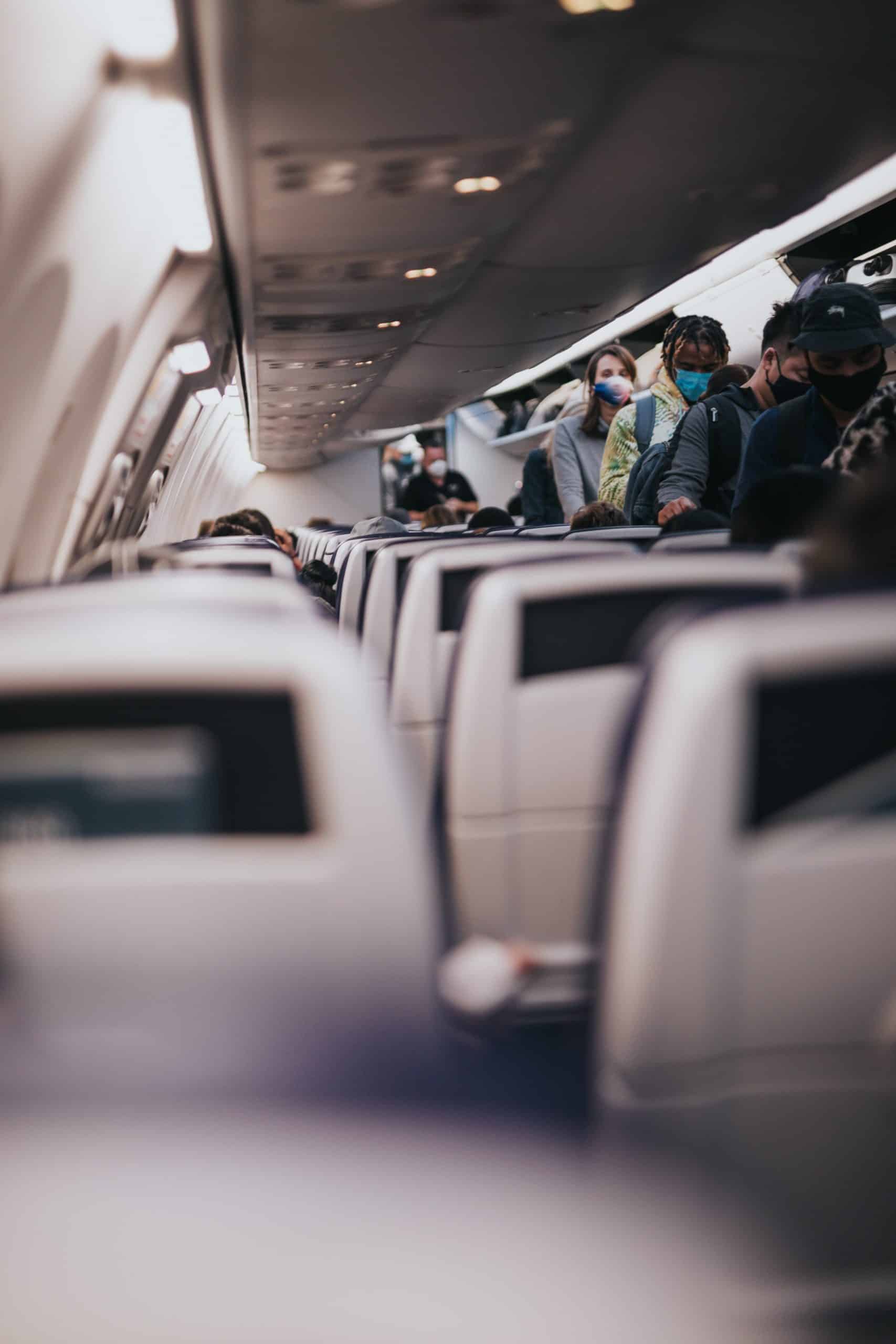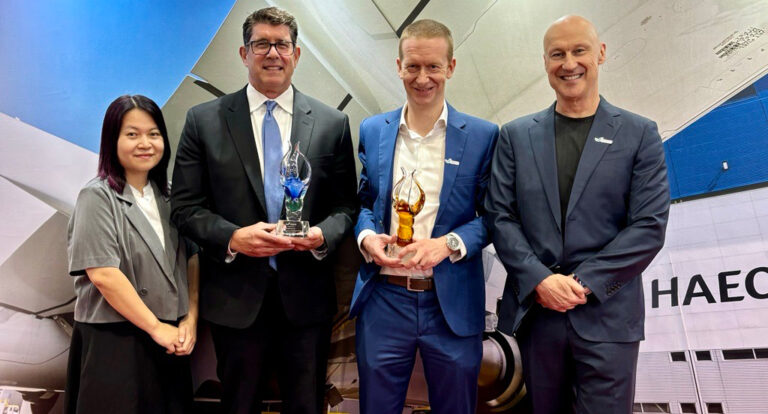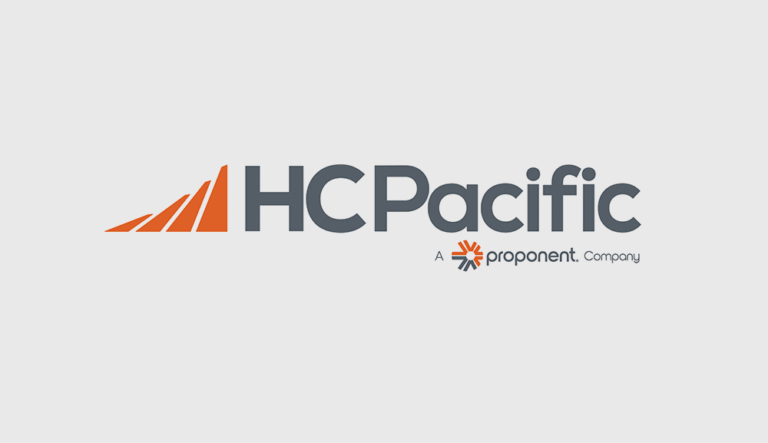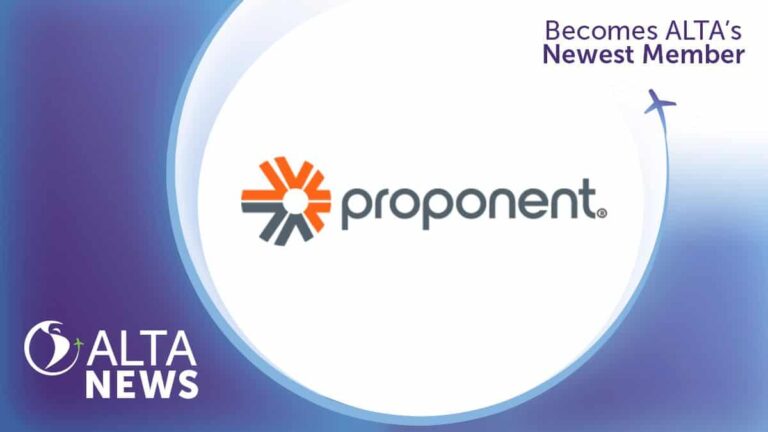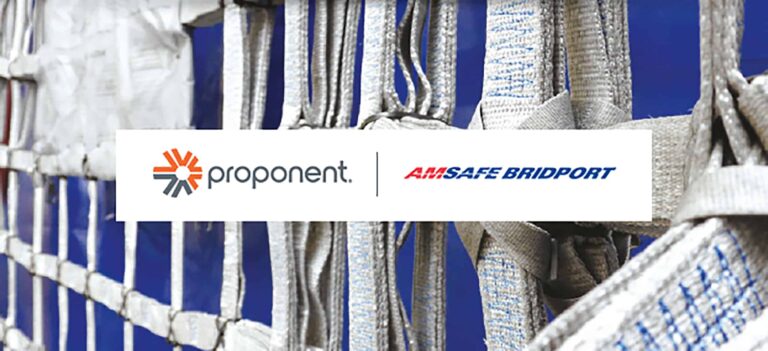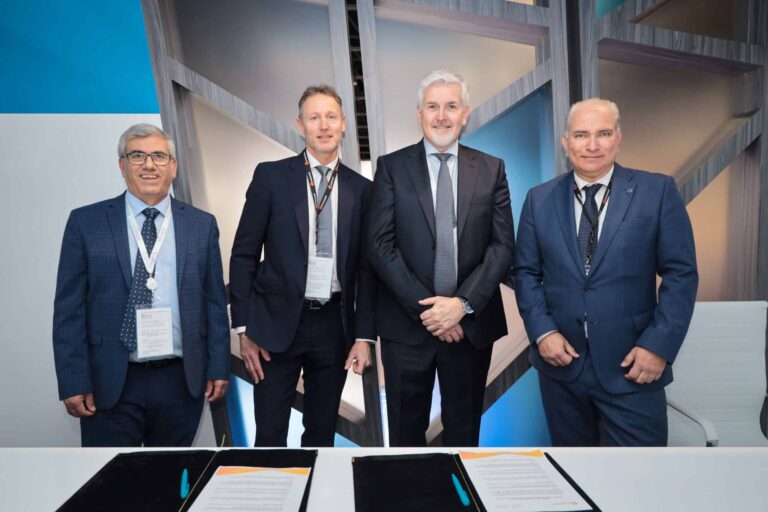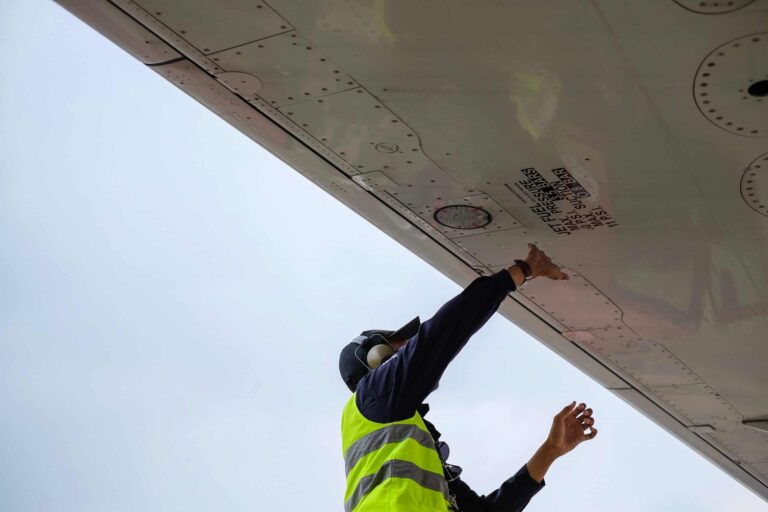During the current Covid-19 pandemic, it’s become extremely important to know the safety features airlines have in place for each flight. While it has always been worth knowing how often the planes are cleaned and air filters are changed, it has now become essential for anyone who is stepping on an airplane. Airlines are implementing changes to routines in order to keep passengers safe and eliminate the risk of an outbreak of the virus as much as possible. One of the most important checks airlines make is going through the procedures associated with air filters. This article will run you through the basic information you need to know about air filters.
What Are HEPA filters?
A buzzword in the aviation industry since the pandemic started has been HEPA filters. So what are they, and why are they so important? HEPA, High Efficiency Particulate Air Filter, are standard use on most commercial airplanes. They are made with close knit fibers that allow planes to effectively trap bacteria and most air-borne particles in the air.. Their purpose is to purify the air as it circulates through the cabin.
How Often Are Air Filters Changed?
Although there is no universal time for when filters are removed and replaced, the air that is circulated through the cabin moves rapidly and so the air is purified 20-30 times every hour. That said, every plane has a set time frame for changing the air filters, and in response to the pandemic, it’s become a new standard for the air filters to be changed more often than the recommended time intervals from the manufacturer. As a result, passengers shouldn’t be concerned about knowing an aircraft’s specific change rate. Rather, they should be assured the air filters are being changed more frequently than normal.
How Safe Are Air Filters During the Pandemic?
The priority of airlines during the pandemic is to ensure flying is as safe as possible. The air filters are designed to purify the air by trapping particles and bacteria that are circulating throughout the cabin. The air in the cabin is purified every seven seconds, giving it an impressive efficiency rate of around 99%.
From what we know of coronavirus, it is not an airborne virus, and infects through droplets spread through the air by coughing and sneezing. The reassuring news is that the HEPA filters are effective against the virus because the air is sucked through the cabin and filtered quickly. As a result, it significantly reduces the risk of droplet spread from sneezing/coughing.
The circulation also means that any air containing the virus droplets are circulated and filtered out, while new air from the outside of the plane mixed with the purified air comes back through the cabin. This eliminates the chance for the virus spreading back to passengers through the vents.. Alongside this, passengers sitting on planes are currently seated with a row’s space between them to aid in reducing the spread from sneezing or coughing. This coupled with the cleaning procedures that take place after every flight reduce the chances of catching the virus while taking a flight.
To find out more information about plane health and safety features during the COVID-19 pandemic, or other information on planes, check out more from Proponent.
